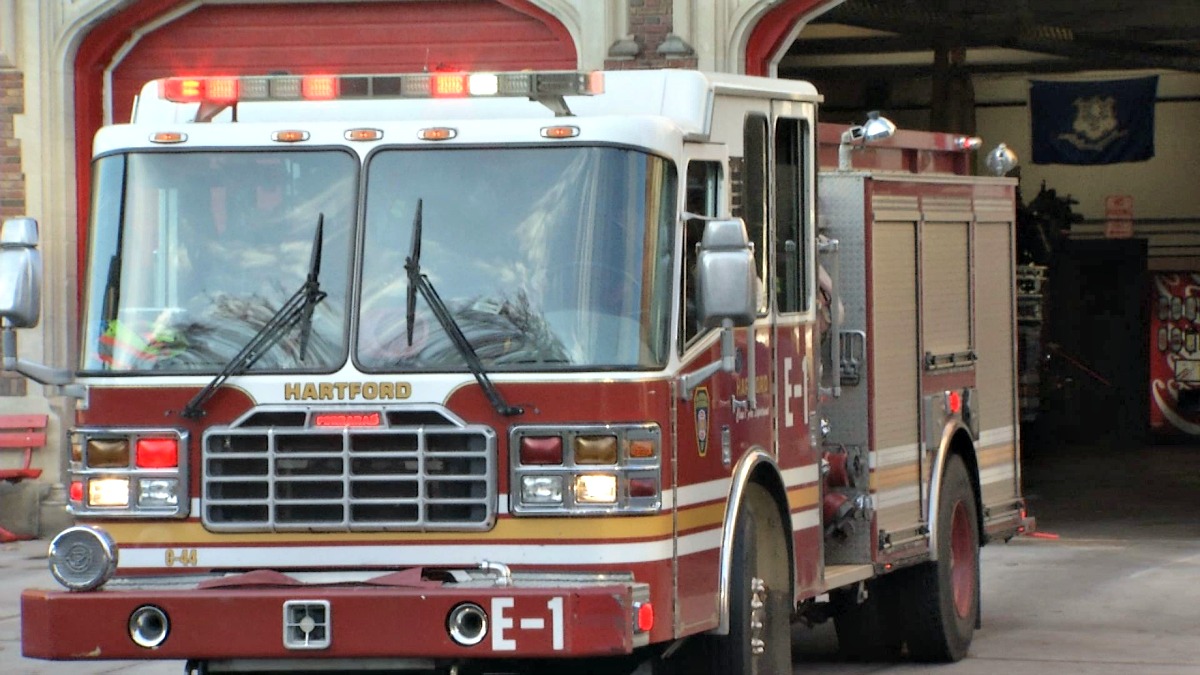When there is an emergency call, Veronica and Enzo Jofre are ready to help in both English and Spanish.
“Not all the crews speak Spanish, or another language, so me being able to help the crew in another way that I feel comfortable and confident in is just a plus,” AMR EMT trainee Enzo Jofre said.
The brother and sister were born in Argentina and came to Connecticut, like many Hispanic families, for a better education and job opportunities.
Recently, the siblings graduated from a 10-week program called “Earn While You Learn” run by American Medical Response.
Get top local stories in Connecticut delivered to you every morning. >Sign up for NBC Connecticut's News Headlines newsletter.
Veronica and Enzo are EMTs in training while they wait to take the National Registry test, the siblings entered the field to help people like their parents, who mostly speak Spanish.
“So, if my mom were to ever God forbid be in an accident, I want my mom to be able to talk to her in Spanish. I want to be that person for another kid’s parents. For someone’s grandma or anything like that, so just to help out the Spanish community,” Veronica said.
According to the latest data by the U.S. Census Bureau, more than 30% of the population in New Haven is Hispanic.
Local
AMR Operations Manager Mike Turcio said the company is aware of the growing population. About 50% of the calls AMR EMTs respond to need someone who can translate, according to Turcio.
During last week's Earn While You Learn graduation ceremony, 19 new students graduated from the program - 14 of them are people of color and several speak two languages.
“There is a need, there is a need for it out there, and to have our providers be able to come to someone’s home during their time of crisis or emergency and just to be able to establish a sense of trust, understand their language, it could really help us not only gain their trust but also improve our level of customer service,” Turcio said.
Veronica and Enzo take their new roles very seriously. They know that when a patient is in an emergency, a matter of seconds can make the difference in getting the help they need.
“The seconds are being delayed because of the language barrier. So, you being there and being able to speak Spanish to the patient and translate it to the crew, you are honestly speeding up the process or helping the patient quicker,” Enzo said.



